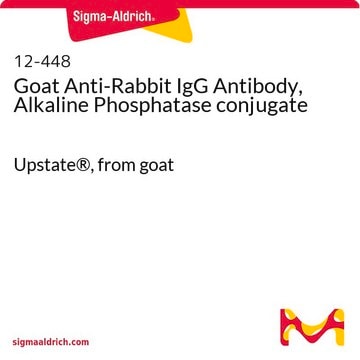179957
Metanol
≥99.6%, Laboratory Reagent grade
Sinónimos:
Alcohol metílico
About This Item
97.68 mmHg ( 20 °C)
Productos recomendados
Nombre del producto
Metanol, Laboratory Reagent, ≥99.6%
grade
Laboratory Reagent
Quality Level
vapor density
1.11 (vs air)
vapor pressure
410 mmHg ( 50 °C)
97.68 mmHg ( 20 °C)
assay
≥99.6%
form
liquid
autoignition temp.
725 °F
expl. lim.
36 %
impurities
≤0.01% alkalinity (as NH3)
≤0.03% acidity (as HCOOH)
≤0.1% water
evapn. residue
≤0.01%
refractive index
n20/D 1.329 (lit.)
bp
64.7 °C (lit.)
mp
−98 °C (lit.)
density
0.791 g/mL at 25 °C (lit.)
format
neat
storage temp.
room temp
SMILES string
CO
InChI
1S/CH4O/c1-2/h2H,1H3
InChI key
OKKJLVBELUTLKV-UHFFFAOYSA-N
¿Está buscando productos similares? Visita Guía de comparación de productos
General description
Application
signalword
Danger
Hazard Classifications
Acute Tox. 3 Dermal - Acute Tox. 3 Inhalation - Acute Tox. 3 Oral - Flam. Liq. 2 - STOT SE 1
target_organs
Eyes,Central nervous system
Storage Class
3 - Flammable liquids
wgk_germany
WGK 2
flash_point_f
49.5 °F - closed cup
flash_point_c
9.7 °C - closed cup
Elija entre una de las versiones más recientes:
¿Ya tiene este producto?
Encuentre la documentación para los productos que ha comprado recientemente en la Biblioteca de documentos.
Los clientes también vieron
Nuestro equipo de científicos tiene experiencia en todas las áreas de investigación: Ciencias de la vida, Ciencia de los materiales, Síntesis química, Cromatografía, Analítica y muchas otras.
Póngase en contacto con el Servicio técnico






